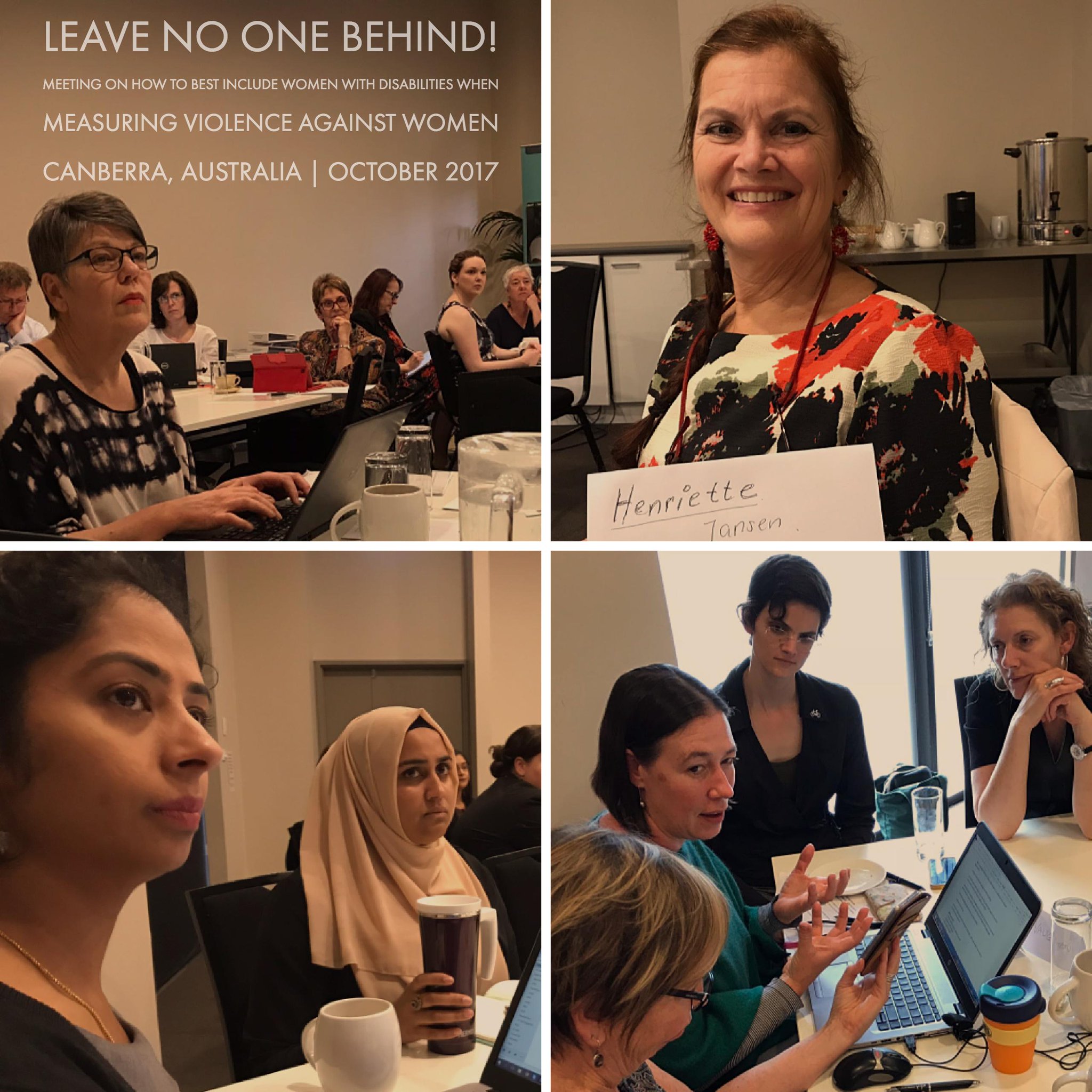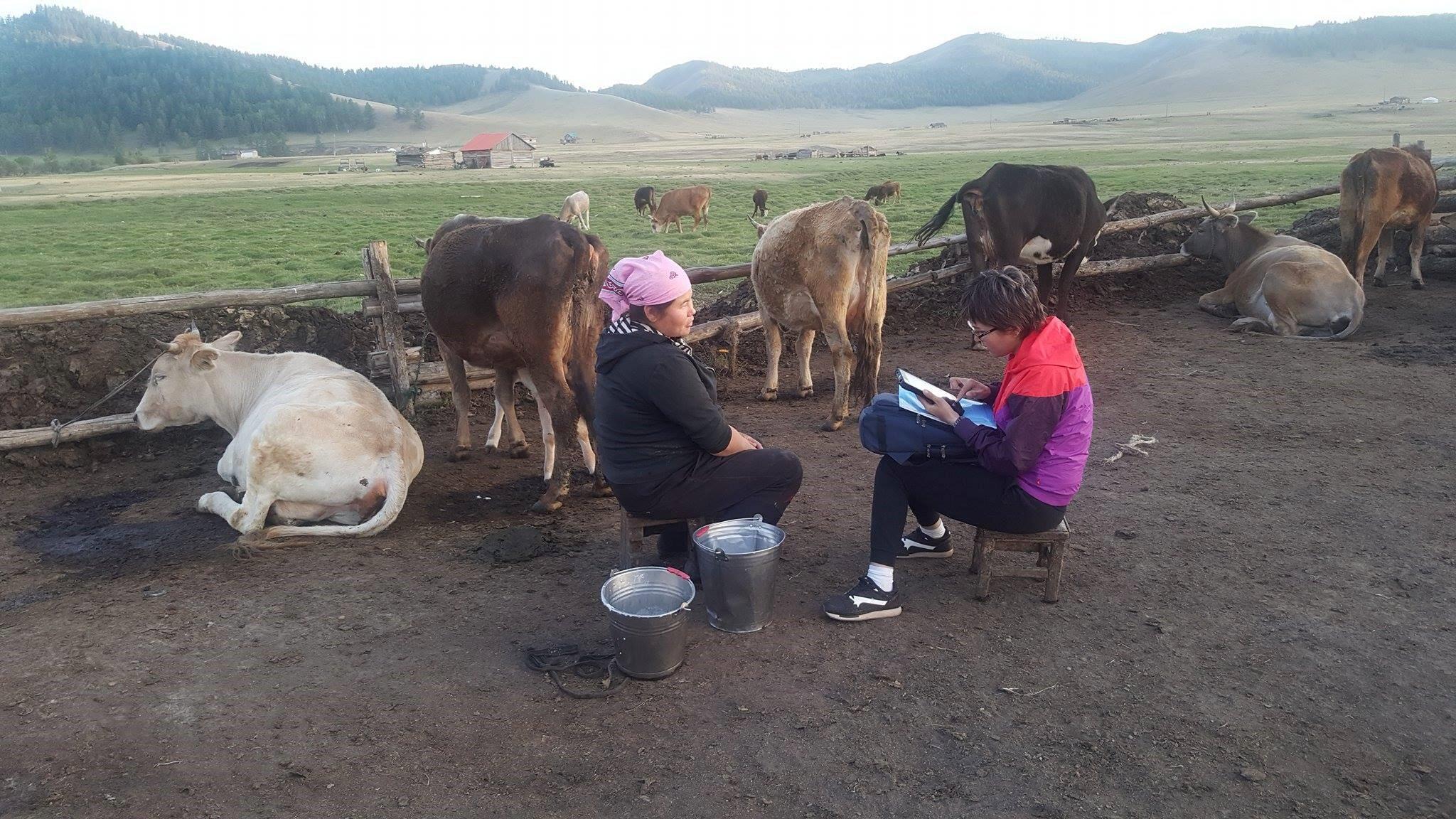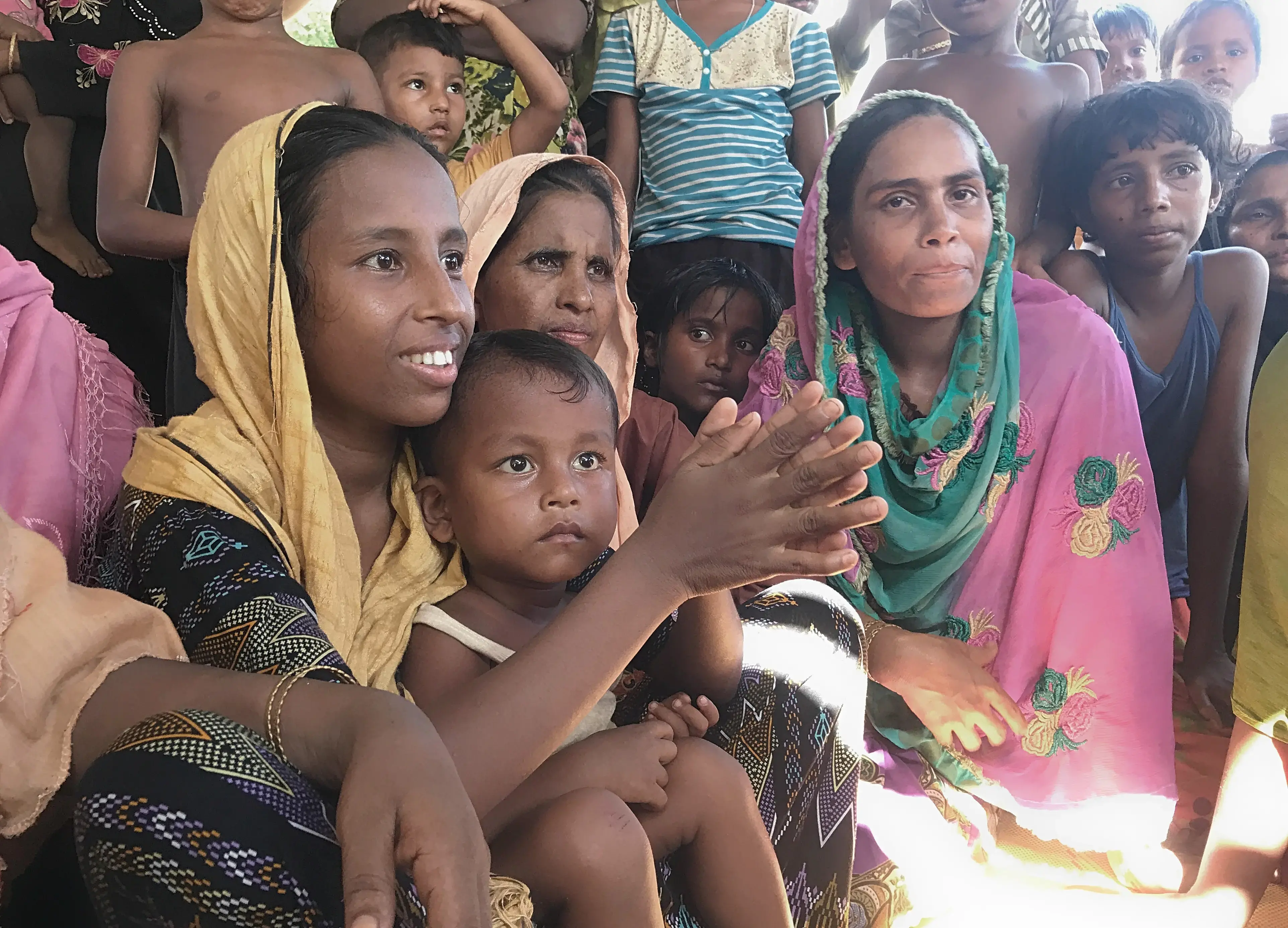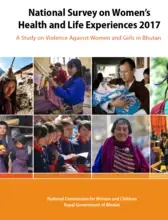Canberra, Australia – A key regional partnership to strengthen measurement of violence against women across Asia and the Pacific was launched today by the United Nations Population Fund (UNFPA) Regional Office and a consortium of the University of Melbourne and Australia’s National Research Organisation for Women’s Safety (ANROWS).
This partnership, supported by Australian Department of Foreign Affairs and Trade (DFAT), will strengthen the availability and quality of data to inform more effective policy and programme responses to prevent and end violence against women.
In countries across Asia and the Pacific, surveys have indicated that between 15 percent and 68 percent of women have experienced physical or sexual violence, at the hands of an intimate partner.
A number of countries in the region still lack data on the prevalence of violence against women – and many governments do not yet have the ability to measure it accurately and safely. Today’s partnership announcement marks a critical step toward filling the gap.
“Sound data on the extent and nature of violence against women is essential to conveying the need to address this heartbreaking violation of human rights to policymakers and organizations with the power to end it,” said Dr Sharman Stone, Australia’s Ambassador for Women and Girls.
Understanding women’s experience of violence
Gathering data on the prevalence of violence against women with integrity requires a nuanced approach to protect the wellbeing and dignity of both the interviewees and interviewers.
“We obtain information by interviewing women who may be survivors of violence, in person. And we find that women who have experienced violence often times want to share their stories with our carefully trained interviewers – and many even feel relief afterward,” said UNFPA researcher and kNOwVAWdata technical lead, Dr Henrica (Henriette) Jansen.

For example, earlier this year a woman in rural Mongolia was interviewed in a nationwide survey that included questions on domestic violence. The questions were asked sensitively and in private. At the end of the interview the woman asked the interviewer, “Where were you ten years ago?” The interviewer had no words to say, so both women just sat together and cried.
Sadly, this woman in rural Mongolia is not an exception. There are many more like her – in Mongolia and throughout Asia and the Pacific – but if their stories are not heard and counted, we will never know how many women suffer in silence. By scaling up the training of violence against women data experts, including compassionate violence against women survey interviewers who know how to keep survivors’ stories safe, more women can be supported to share their painful stories and receive the help they need.
“Part of our unique role in this partnership involves working with countries in the Asia-Pacific region as they plan, conduct and interpret national violence against women prevalence surveys,” said Dr Kristin Diemer, programme lead at the University of Melbourne. “The University of Melbourne and ANROWS, together with a network of qualified violence against women data experts that will be developed as part of the initiative, will help countries follow best practices to collect national prevalence data that inform policies, programmes and services while also providing our students with hands-on research experience.”
The partners will develop a standalone curriculum based on internationally recognized national violence against women prevalence survey methodologies – the World Health Organization (WHO) Multi-Country Study and the Demographic and Health Surveys (DHS) Domestic Violence Module – enabling global comparison of national survey data. The course will be offered as part of the University of Melbourne’s graduate studies as well as a continuing education summer programme.
Ultimately, the partners intend to expand the curriculum developed through this endeavor to additional academic institutions in both Asia and the Pacific and other regions.
By directly involving national governments and non-government stakeholders, the partnership aims to secure long term commitments to ongoing violence against women data monitoring from those who collect violence against women data and those who use it to influence policies and programmes.
These policies and programmes may be too late for the rural woman in Mongolia who, during the national survey, shared her story of violence for the first time in her life. But she was glad to know that her daughters and granddaughters may benefit from such policies and programmes, which, informed by better data, can help end violence against women.
About kNOwVAWdata
kNOwVAWdata is a DFAT funded UNFPA Asia and the Pacific Regional Office initiative to develop sustained regional capacity through the development and implementation of a sound training curriculum and to build a committed pool of trained professionals and researchers on the measurement of violence against women in Asia and the Pacific region. https://asiapacific.unfpa.org/publications/knowvawdata-project-overview
Twitter: @kNOwVAWdata | Facebook: www.facebook.com/kNOwVAWdata
About University of Melbourne
The University of Melbourne has a clear commitment to population health and equity, which aligns with UNFPA’s mandate to attend to the gender and human rights dimensions of population problems. In addition, the University has demonstrated research expertise and strong commitment to ending violence against women through provision of support to the Melbourne Research Alliance to End Violence against women and their children (MAEVe), and a long history of engagement and capacity building in the Asian and Pacific regions.
About ANROWS
ANROWS is an independent, not-for-profit research organisation established by the Commonwealth and all state and territory governments of Australia. Its primary role is to produce, disseminate and assist in applying evidence in policy and practice to achieve a significant and sustained reduction of violence against women and their children.
About DFAT
The Department of Foreign Affairs and Trade works to make Australia stronger, safer and more prosperous by promoting and protecting our interests internationally and contributing to global stability and economic growth, specifically in the Indo-Pacific region. Gender equality and actions to combat violence against women are key priorities in DFAT’s Australian Aid program.
Contacts
Sujata Tuladhar, Technical Specialist - Violence against Women, UNFPA Asia and the Pacific Regional Office | stuladhar@unfpa.org | Tel: +66 2 687 0160
Dr Kristin Diemer and Dr Cathy Vaughan, Program Leads, University Melbourne, Carlton Victorian Australia | k.diemer@unimelb.edu.au | c.vaughan@unimelb.edu.au | Tel: +61 3 8344 9425
Michele Robinson, Director, Evidence to Action, Australia’s National Research Organisation for Women’s Safety | michele.robinson@anrows.org.au | Tel: +61 2 8374 4085





